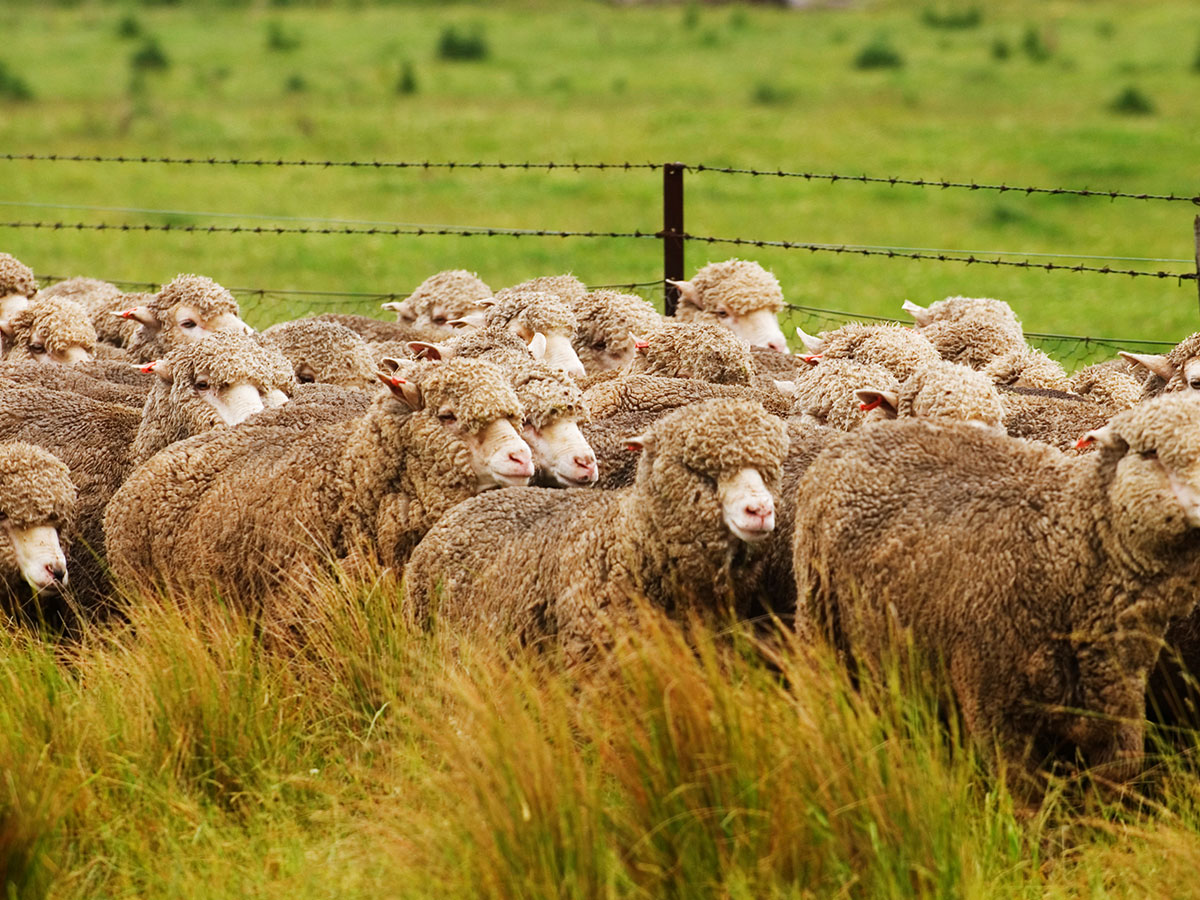The topic of a livestock standstill (LSS) generates a lot of interest at Livestock Health & Biosecurity VICTORIA events. Figures from Agriculture Victoria reveal that on any given day, 100,000 head of cattle, 40,000 pigs and 30,000 sheep are on Australian roads.
The presentation, given by Agriculture Victoria’s district veterinary officers, always results in a range of questions, so here’s a few that may be of interest to you.
What is a LSS?
A LSS is a total standstill on the movement of livestock when there is a suspected emergency animal disease (EAD) outbreak, including foot and mouth disease (FMD).
How do I know if a LSS has been called?
Agriculture Victoria is the lead when a LSS has been called, with support agencies such as the police and VicRoads involved in the communication of a LSS. Industry representatives have communication plans in place to spread the word to producers. This includes the Victorian Farmers Federation, peak industry councils, as well as transport, saleyard, agent and abattoir associations. As part of these plans, the media are also engaged.
Has a LSS been called in Victoria before?
Yes. In 2007 the outbreak of equine influenza resulted in a standstill of all horses, gear and equipment.
How long does a LSS last?
The initial time period is 72 hours. This allows time for diagnosis to be confirmed and the identified animal(s) to be traced to its origin. If an EAD is confirmed, a standstill can be extended or transition to control and restricted areas will occur.
What happens at the saleyards when a LSS is called?
Saleyards are placed into lockdown, with saleyard management implementing their LSS action plan. Sales in progress will be stopped and attendees will be advised of their obligations. No livestock can leave the saleyard, they will be fed and watered on site until the standstill is over. All trucks must be emptied and washed down.
What do livestock transporters do when a LSS is called?
Trucks have four hours to complete a current trip. If that trip can’t be completed or returned to the original pickup point in that four hours, transporters need to call 136 186 for instruction. No new journeys can begin, unless under a special permit and no livestock can be loaded from saleyards or feedlots either.
In summary, make sure you know where you will get information from in the case of a livestock standstill. And, if you suspect FMD, or any other suspicious diseases, contact:
Emergency Animal Disease Hotline on 1800 675 888. Our tip is to put the number in your phone.
